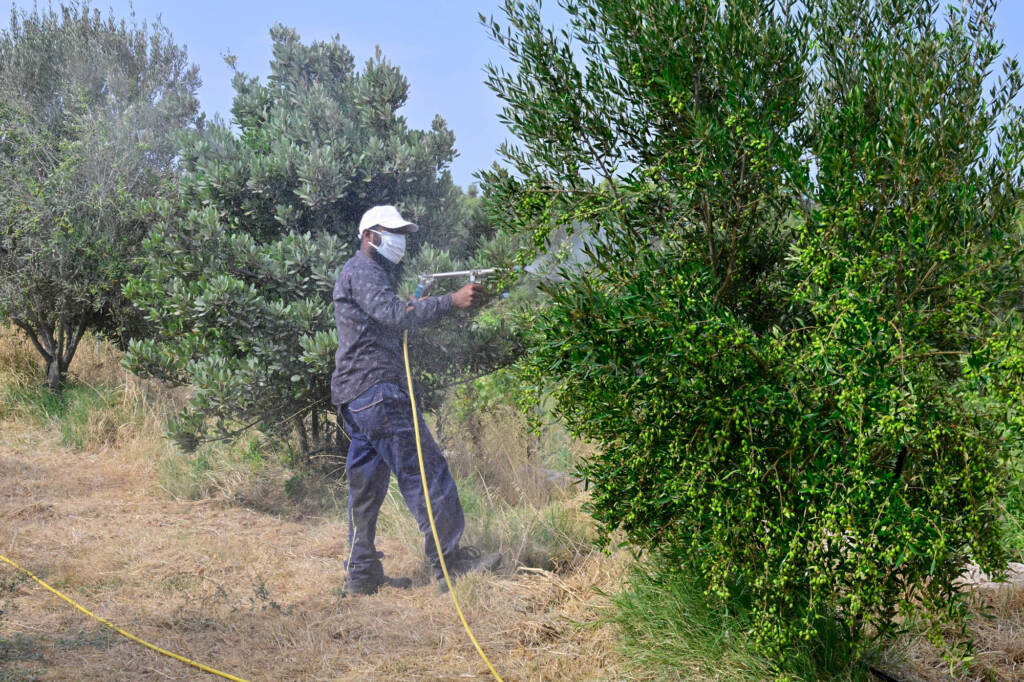
What is Sustainable Agriculture?
Sustainable agriculture refers to practices that balance productivity with environmental protection and social responsibility. According to researchpublished in leading scientific journals, its key pillars include reducing the use of chemical inputs, rational fertilizer management, maintaining soil health, conserving water, and enhancing biodiversity. These practices not only reduce agriculture’s ecological footprint but also strengthen the resilience of farming systems against climate fluctuations.
Fertilizers are a fundamental tool for increasing agricultural yields, but their indiscriminate use can lead to environmental degradation, such as greenhouse gas emissions. The adoption of precision agriculture and the use of organic or biological fertilizers can minimize these impacts.
Benefits for the Environment
Transitioning to sustainable practices offers multiple environmental benefits. First, reducing reliance on synthetic fertilizers lowers emissions of carbon dioxide and nitrous oxide, two potent greenhouse gases. Second, preserving biodiversity through crop rotation and maintaining natural habitats within farms supports natural pollinators and beneficial insects, reducing the need for pesticides. Third, improved water management through techniques like drip irrigation conserves precious water resources, an issue highlighted in various studies.
Our Commitmen
The philosophy of FALCON Agrocenters on collaborating with farmers and scientists to promote an agriculture that respects nature. We invest in innovative solutions, such as developing fertilizers with low environmental impact and training producers in sustainable techniques. Together, we can build a future where agriculture does not deplete but revitalizes the environment, ensuring food, health, and prosperity for future generations.

